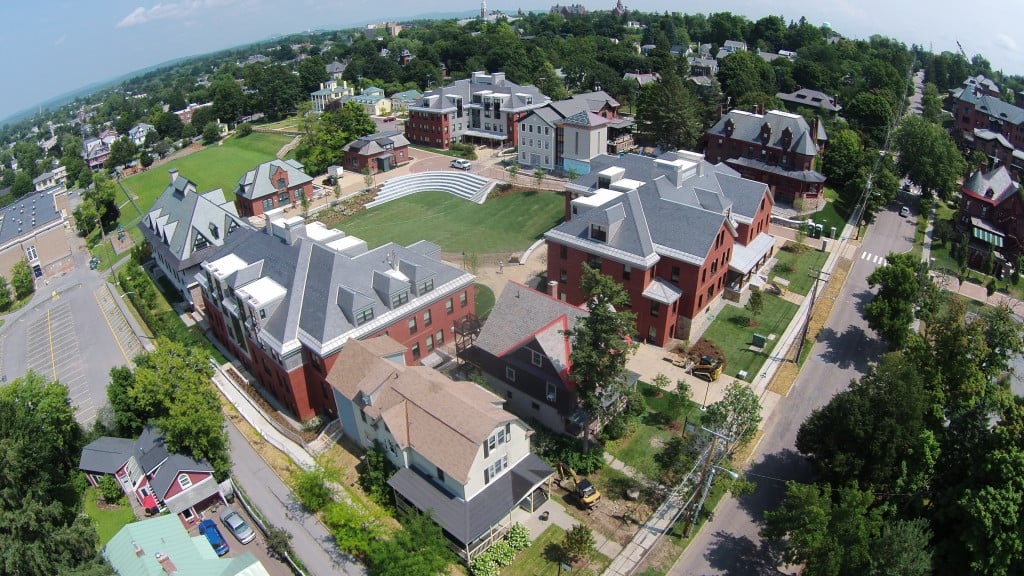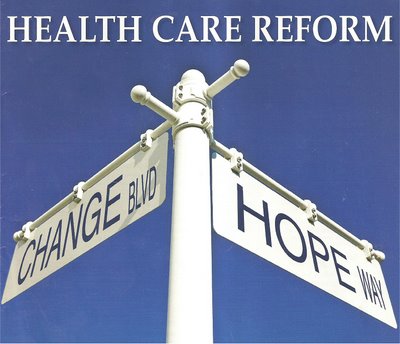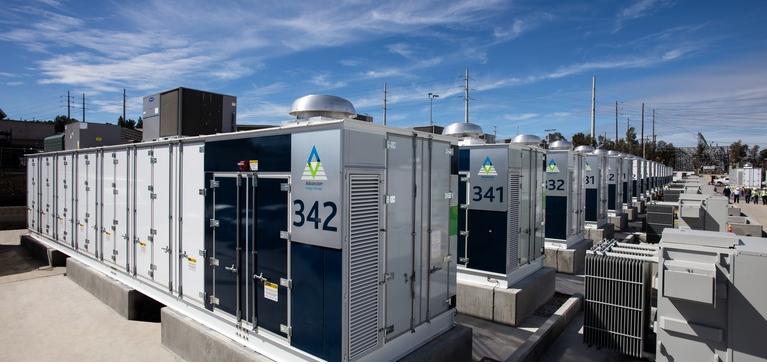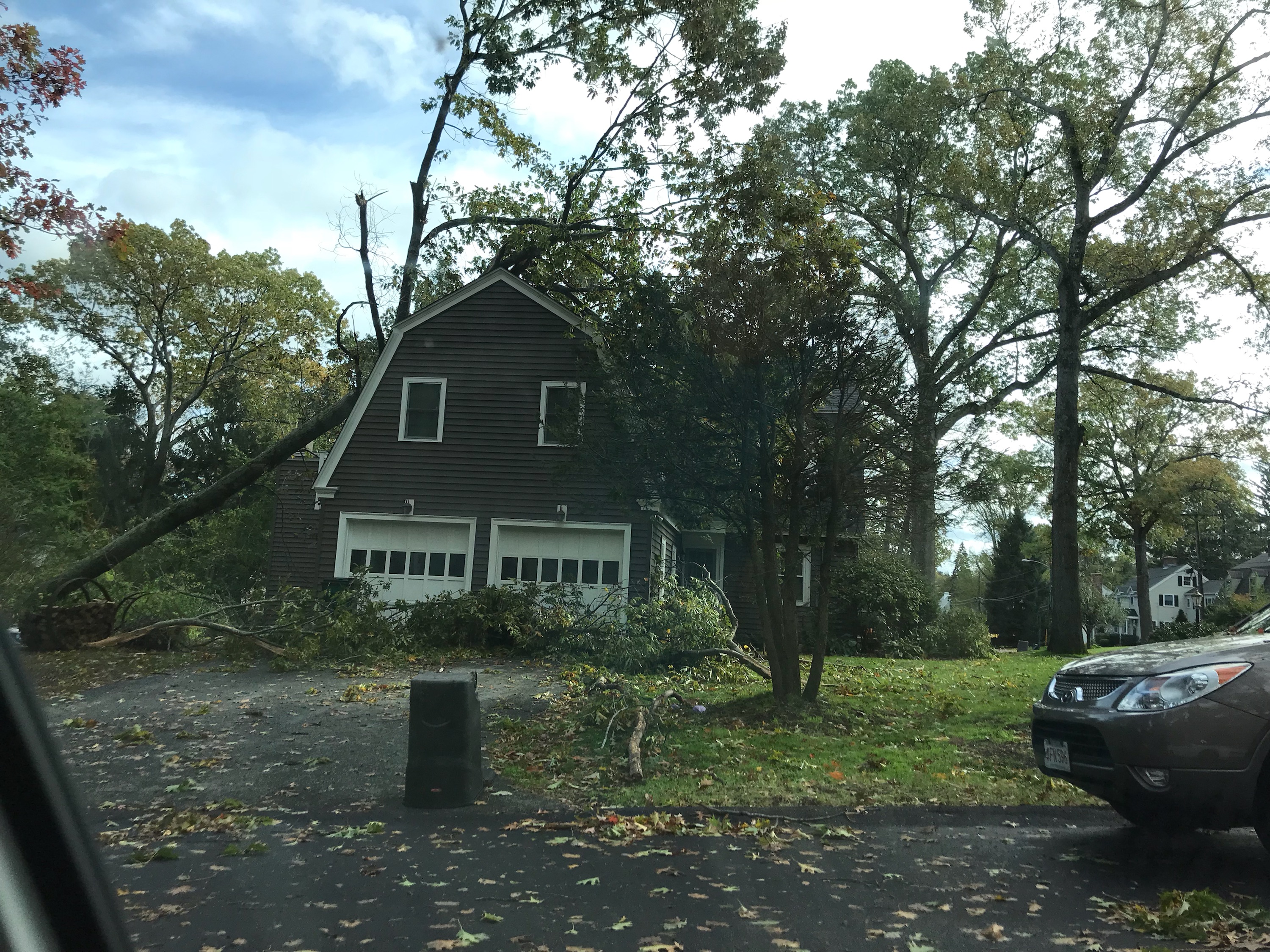It has been two years since the latest onset of this country’s reckoning with the unequal treatment of Black and People of Color in our society. While the murder of George Floyd was a turning point for many, since then the division within our country seems only to be growing wider, with each ‘side’ becoming more entrenched and insistent in their perspective.
5 min read
Our Journey Towards Equity, Diversity, and Inclusion
By Eveline Killian on Jun 16, 2022 11:00:00 AM
Topics: Public Policy Workplace & People Social Responsibility Equity DEI Inclusion diversity
6 min read
The United Federation of Energy Transition
By Rachael Straub on Nov 6, 2019 10:00:00 AM
In 2011, a study, co-authored by an engineering professor from Stanford and a transportation research scientist from UC-Davis, found that we could halt global warming, save millions of lives, reduce air and water pollution, and develop secure, reliable energy sources in 20-40 years. Nearly all of this could be done with existing technology and at costs comparable with what we spend on energy today.
Topics: Public Policy renewable energy transition to renewable energy Climate Change
4 min read
The Case for Small, Local Engineering Firms
By Jennifer Chiodo on Jul 26, 2018 4:29:30 PM
My business partner, Matt Napolitan, and I each spent 10 years working at major, international engineering firms. I worked for Syska Hennessy Group (11th nationally ranked) in their San Francisco office and Matt worked for Buro Happold (14th nationally ranked) out of their New York office. We now operate a 12-person engineering consulting firm in Burlington, Vermont. We know both large, big-city engineering and local, Vermont engineering.
Topics: Building Cx & Design Review Public Policy
5 min read
Who is Responsible for Low Energy Code Requirements for Lighting?
By Jennifer Chiodo on Mar 14, 2018 2:00:00 PM
I have repeatedly blogged about my concerns with the current and future energy codes because the codes are not keeping up with technology for lighting efficiency (see my previous blog posts titled “Why are Lighting Energy Standards Decreasing” and “More Issues with the Energy Code – Lighting is Running Rampant”). The graphs below, developed by our friends at Optimal Energy, show some comparisons of Department of Energy (DOE) predicted efficacies for lighting technologies and the efficacy needed to meet code for some common space types.
Topics: Public Policy Standards and Metrics Building Performance & Technology
4 min read
Impressions of Colombia: Farming, Fair Trade, and the FARC Peace Treaty
By Eveline Killian on Jan 24, 2018 1:30:00 AM
I recently had the privilege to travel to Colombia with Engineers Without Borders to assess the needs and resources for an irrigation project for family farms. Colombia is very well suited for coffee and sugar cane, but the dry season is too harsh for more sensitive plants like basil, lettuce, spinach, and peppers. For this, farmers need drip irrigation, water catchment, water reservoir, and water diversion. Our group’s goal is to develop an affordable, sustainable, and replicable design as a pilot project for ten farmers in central Colombia. We are working with Food 4 Farmers, an international non-governmental organization (NGO), Nueva Realidad, a Bogota based NGO, and Nuevo Futuro, the local coffee cooperative. We knew what our goal was before we started, but we had no idea what to expect from the trip. Here are our impressions of the country with which our team returned.
Topics: Sustainability Public Policy Workplace & People
5 min read
The Business Case for Health Care Reform in the United States
By Rachael Straub on Nov 15, 2017 12:32:00 PM
While this is off the topic of energy efficiency and optimized building functionality, it’s relevant to sustainability, specifically the long-term health of businesses and the people they employ. The United States’ health care system is in crisis. As a nation, we spend over twice the amount on health care than other developed countries, but rank last in terms of health care outcomes, such as equity, efficiency, and mortality rates (see: How Bad is U.S. Health Care?). As the cost of health care rises, the financial hardship of staying well not only burdens those who need help the most – the sick and the poor – but also those businesses committed to providing health care to their employees.
Topics: Sustainability Public Policy
5 min read
Can We Transition to Renewable Energy Systems without Government Support?
By Eveline Killian on Nov 9, 2017 10:00:00 AM
According to various studies, the United States is beating its energy reduction and renewable energy production goals beyond any federal predications. Total energy consumption in 2016 was 17% lower than expected, wind power production was 79% higher, and solar production was 383% higher than the United States Department of Energy predicted in a February 2007 report, as stated in the October 5, 2017 Statista Portal. In addition, a 2017 U.S. Energy and Employment Report finds that 45% of the 1.9 million workers in the Electric Power Generation and Fuels technologies are in the low-carbon emission generation technologies (renewables, nuclear, and advanced/low emission natural gas).
Topics: Sustainability Public Policy Energy Efficiency
4 min read
Designing Buildings for Resiliency To Accommodate Power Failures
By Jennifer Chiodo on Nov 1, 2017 10:00:00 AM
I’m writing this blog from the floor of the Andover Public Library in Andover, MA. After a major windstorm, power is out all over New England and people are scurrying for the few available power outlets and sources of internet.
Topics: Building Cx & Design Review Public Policy
4 min read
High Performance Neighborhoods: Sustainable Water Use
By Gretchen Schimelpfenig on Jun 28, 2017 10:00:00 AM
Earlier this month, the New England chapter of the American Institute of Architects’ (AIA) Committee on the Environment held their annual leadership summit in Burlington, Vermont. As the keynote speaker, Clark Brockman – principal at SERA Architects and a leader in his field – delivered a presentation on district scale solutions for net zero energy and water in communities.
Topics: Sustainability Public Policy
2 min read
Acting Locally After Paris Accord Withdrawal
By Daniel Tuhus-Dubrow on Jun 21, 2017 10:00:00 AM
Following the withdrawal of the United States from the Paris Climate Agreement and the abdication of responsibility at the federal level to address climate change, the action now moves to states, municipalities, businesses and individuals. Fortunately, there are a lot of exciting things happening right now in these arenas, which could go a long way toward filling the current leadership vacuum. This post will survey some of the efforts underway, with a focus on initiatives aimed at improving energy efficiency in buildings.










